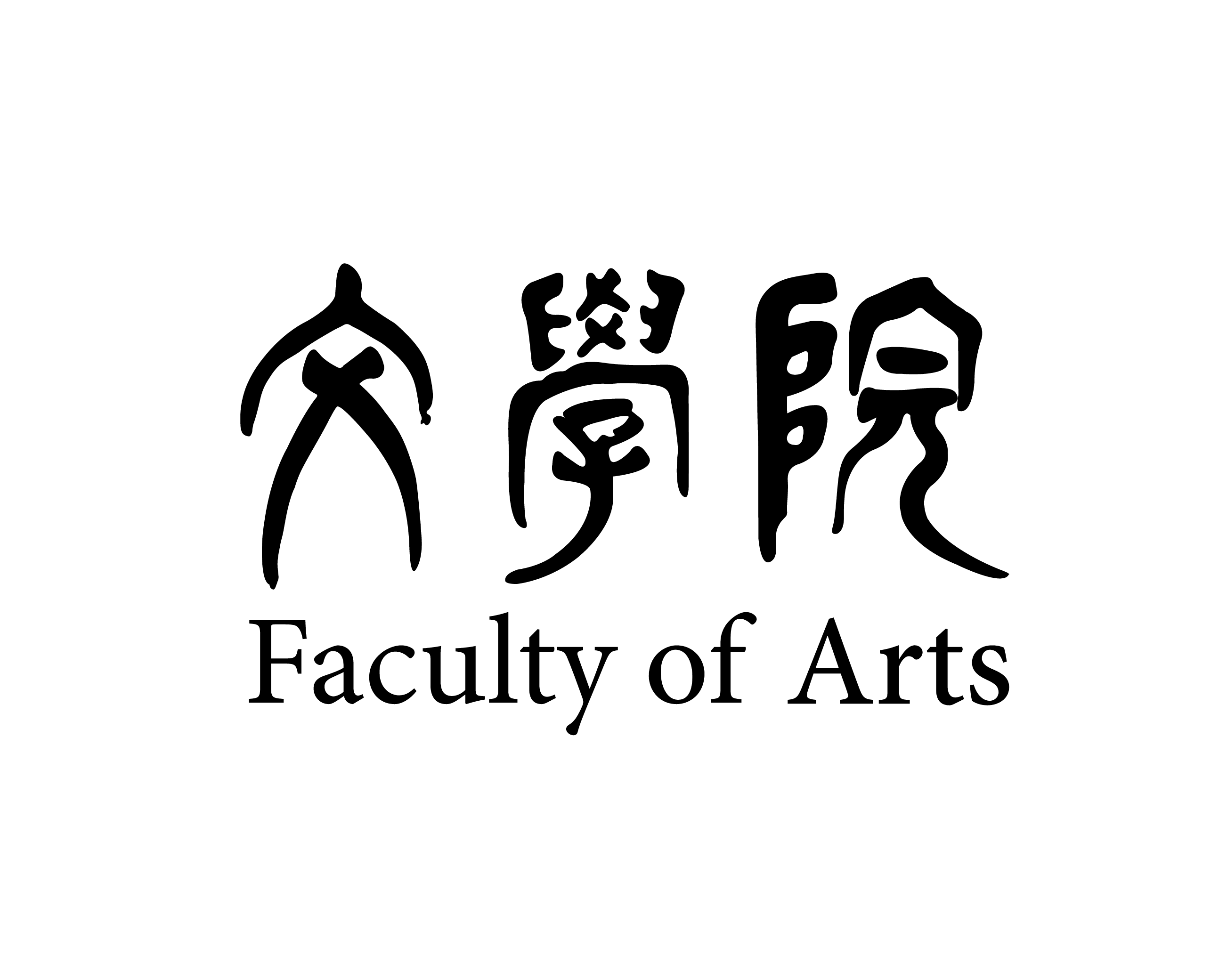Research Keywords
表演藝術 Performing Arts
人們往往聯想表演藝術與創作過程相關。毋容置疑,表演藝術取決於藝術家(導演、編劇、編舞家、音樂家、舞者和演員等)的作品和成果。然而, 一個良好的表演藝術生態亦需要政策制定者、藝術營銷、藝術行政人員、舞台設計師、專業技術人員、學者╱教育家和評論人的參與。我的興趣正在此領域。我有興趣認識不同地方(城市或國家)的表演藝術發展,以及如何創造良好的環境予藝術工作者及其他重要持份者參與。尤其是面對全球化及資本主義化時,我亦長期反思表演藝術的目的。我們是否思考為何政府(特別在這地區)支持和發展表演藝術?我們是否想過為何表演藝術經常成為我們的學校生活的一部分(有時更是融入課程)?我經常刻意將表演藝術從娛樂區分出來,並不是因為我認為表演藝術是一種更崇高或更重要的活動。反而,承認兩者之間的差異,是了解它們各自需要不同的發展政策、管理方式及訓練的基石。
One tends to associate performing arts with the creative process itself. Undeniably, performing arts depend on the work and outputs of artists (directors, scriptwriters, choreographers, musicians, dancers, actors etc.). However, a healthy performing arts ecology also requires the involvement of policymakers, arts marketers, arts administrators, production designers, technical professionals, academics/ educators and critics. This is where my interest lies. I am particularly keen on the development of the performing arts in different places (cities or countries) and how to create a good environment for artists and other key stakeholders to function. I also constantly reflect on the purpose of performing arts, especially in the face of globalisation and capitalisation. Have we ever wondered why the government (especially in this region) support and develop the performing arts? Have we ever consider why performing arts is often incorporated into our school life (sometimes into our curriculum)? I often differentiate performing arts from entertainment not because I think that one is of higher status or more important than the other. Rather, to recognise the differences between the two is to acknowledge that they require different developmental policies, management approach and training.





